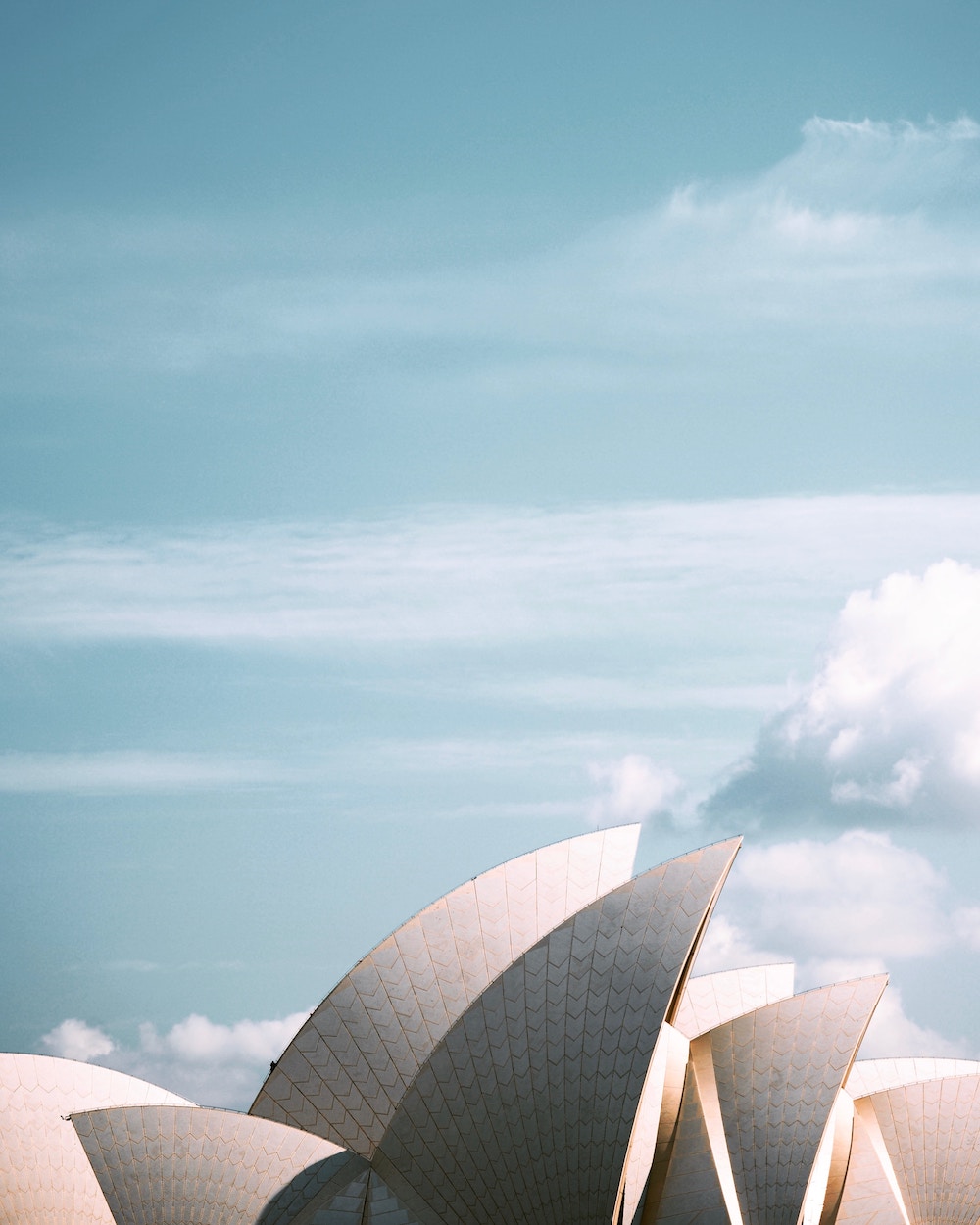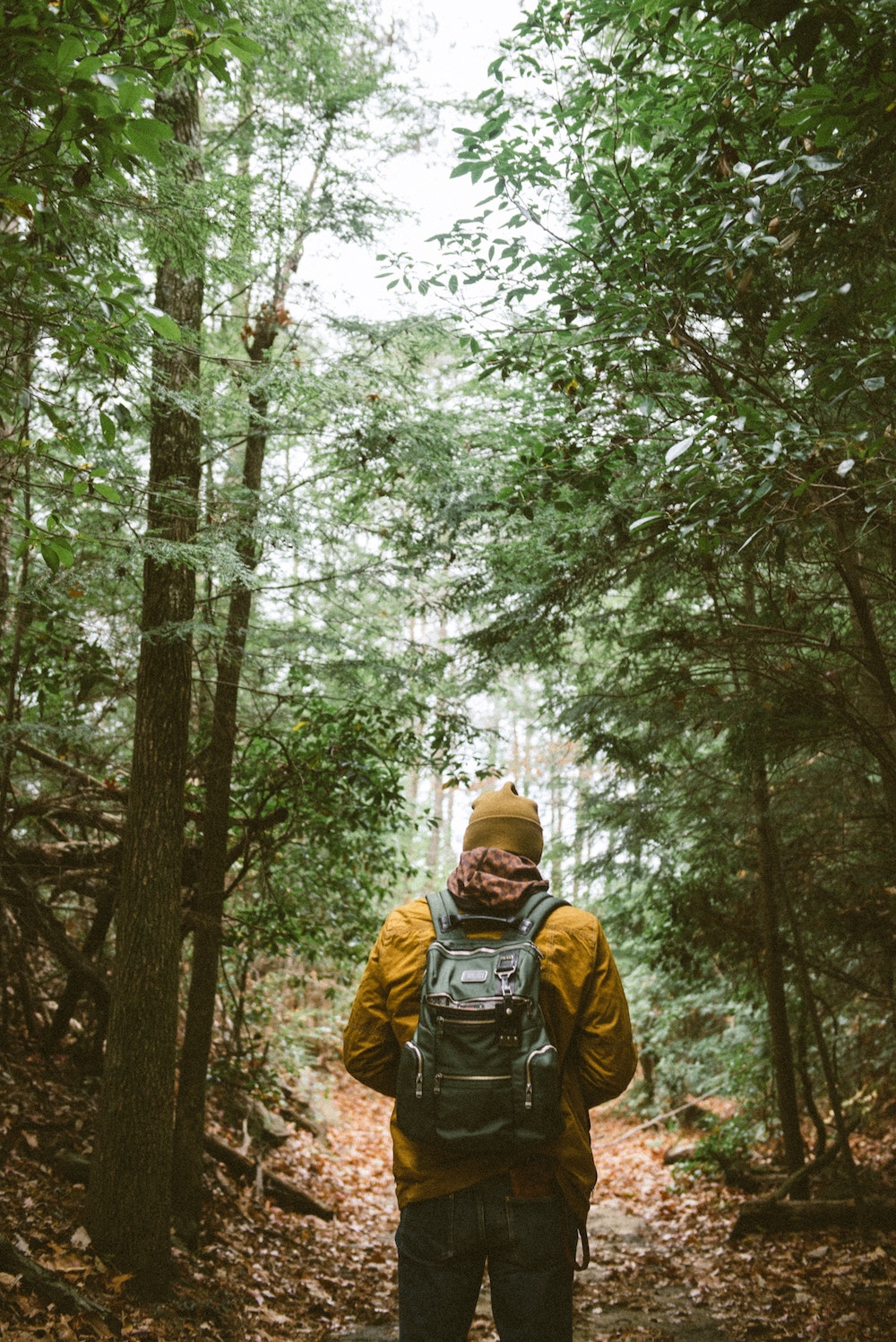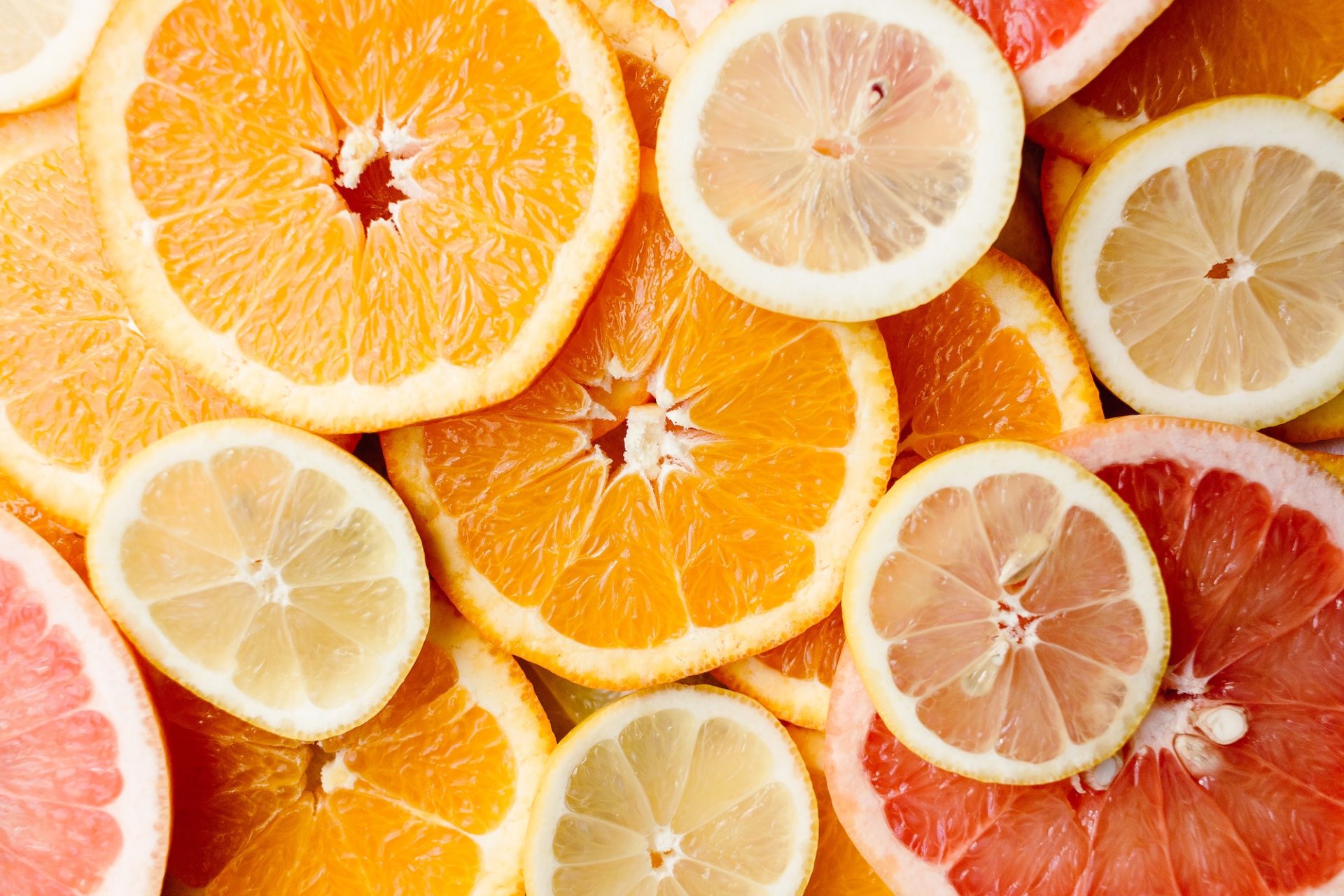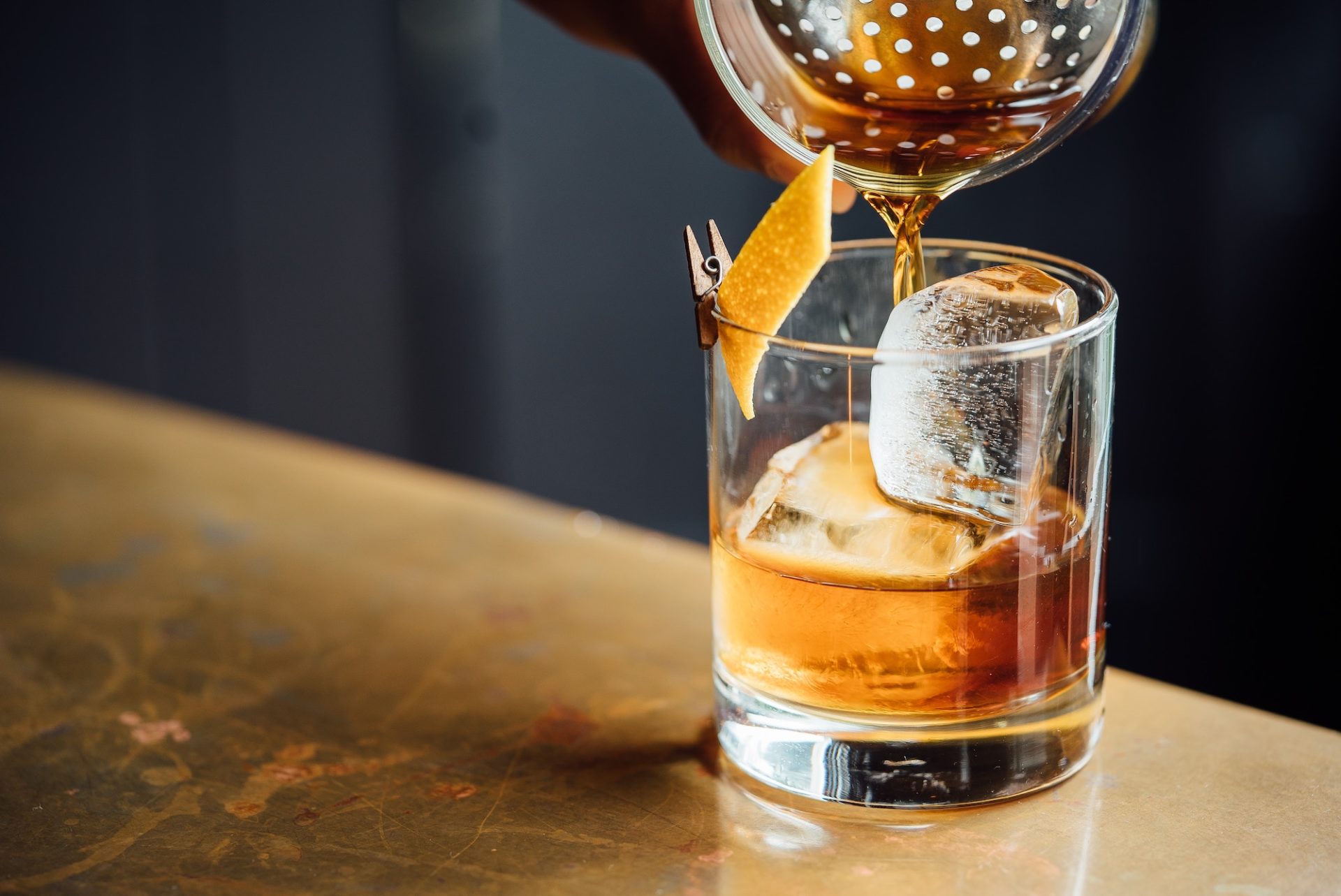We might not even realise there’s a more sustainable alternative.
Easy switches
As a society we’re starting to make sustainable swaps in our everyday lives. Whether that’s using The Sustainable Traveller’s services, conducting an office waste audit at work, or simply trading out disposable coffee cups for reusable ones. But some things we may not think about until someone points out. If we’ve been using them all our lives, we might not even realise there’s a better alternative.
















